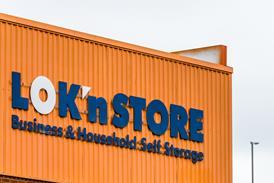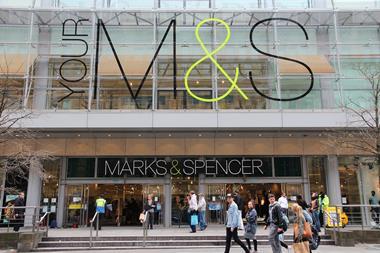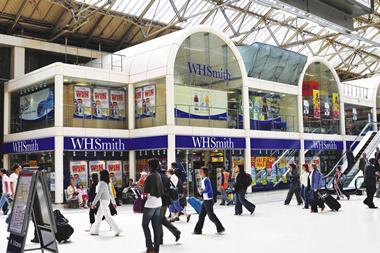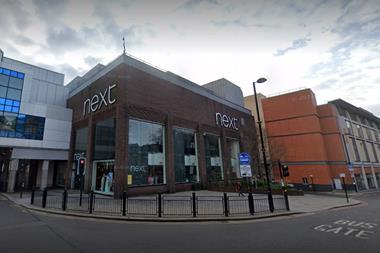Marks & Spencer is considering whether to launch an online grocery service. This is a key moment in the evolution of online shopping in Britain.

Under Marc Bolland and Sir Stuart Rose, the retailer eschewed the opportunity to sell food online and deliver it to the homes of shoppers.
Bolland claimed that M&S could not make the economics of online food retailing work because the size of a customer’s order needs to be around £100 for it to be profitable.
While a £100 basket is achievable for Tesco, Sainsbury’s, Asda and Morrisons, M&S shoppers are often just buying a meal for the evening ahead or topping up their weekly shop.
Until now, M&S has been able to grow its share of the UK food market without a full online service, although customers can order food and alcohol on its website and collect their products from a store.
However, Steve Rowe, the present chief executive, told staff last month that a team of executives was drawing up a plan to sell food online and that there would be trials from this autumn.
“It has not cost us anything over the last five years by not being online with food,” Rowe said. “Our customers haven’t moved yet, but they will and we need to ensure that we are ready with the right response.”
Online retailing has evolved to a position where M&S risks losing sales
In other words, Rowe is saying online retailing has evolved to a position where M&S risks losing sales to businesses that do sell food through the internet. From an optimistic point of view, launching an online service will also open a whole new market of customers for the retailer.
To understand Rowe and M&S’s decision, it is vital to consider the online market beyond retailers such as Tesco, Amazon and Ocado. The growth of services such as Deliveroo, UberEATS and Just Eat has made takeaways more accessible, literally eating into M&S’s market for dining in.
Rowe is looking into selling food online despite still being concerned about the economics of the service. He told staff that it was “not something that we are going to rush into until we have substantial customer insight and a better understanding of what is right for M&S and right for our customers”.
Learn from successes and failures
Retailers continue to struggle to make their online operations as profitable as their high-street shops, even as the scale of the online shopping market grows.
Their dilemmas include how to deal with high levels of returns - more than a third of orders for some clothing retailers - and how to make the delivery of the order from a warehouse or store to the home of the customer as efficient as possible.
It will be fascinating to see how M&S decides to approach online food retailing. It does not exactly have a blank sheet of paper because it has a network of hundreds of shops across the country that it needs to run profitably, but it can learn from the successes and failures of its rivals.
It would be surprising if M&S simply decided to pay Ocado to run its online delivery service in the same way that Morrisons did in 2014.
This would mean routing M&S food through Ocado’s warehouses on the way to customers when instead it could use the shop-picking model, which is favoured by other retailers because it gives another purpose to underperforming shops.
Other options for M&S include teaming up with Deliveroo or UberEATS and effectively marketing its online food offering as a takeaway service, or behaving like a wholesaler and selling its products through a different retailer such as Amazon.
Alternatively, it could charge more for delivery than other food retailers, thereby covering the cost of shoppers making smaller orders and encouraging them to add more items to their basket. This approach could work better for M&S than other retailers because of the brand’s upmarket positioning and the affluence of some of its customers.
Of course, Rowe and his team could ultimately decide it is simply not worth selling food online and that M&S should continue to focus on opening more Simply Food shops around the UK.
But whatever M&S’s decision and however customers react, it will offer a clue to how online shopping will develop and the future role of bricks-and-mortar shops.































No comments yet